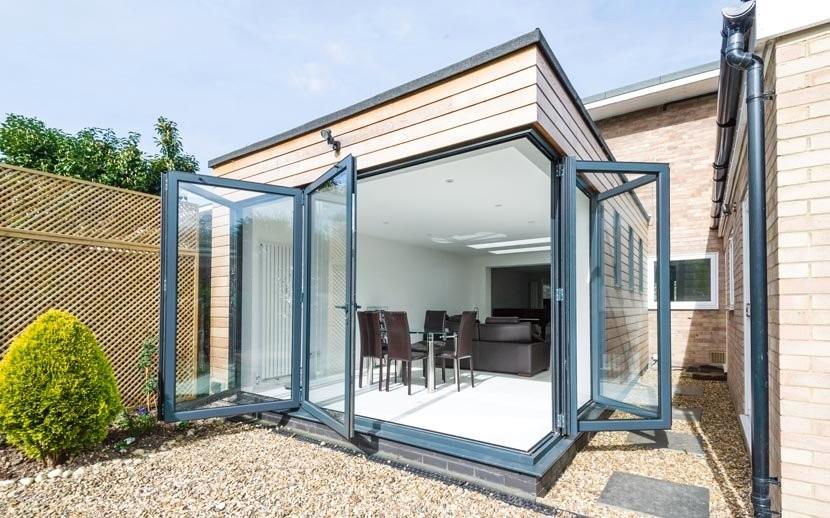
Home extensions can be a great way to give your home more space without having to leave the neighbourhood you love. With careful planning, you can design your extension to enhance the existing architecture of your home and utilize as much of the natural light as possible. Professional contractors are equipped with the skills to bring your vision to life with quality craftsmanship and materials. From taking into consideration budget and timing constraints through to helping you determine what planning permissions need to be acquired, they will guide you through the entire process. So if extending is part of your plan, consider hiring a professional contractor today! But with so many different types of extensions available, how do you know which one is right for your home and budget? Today, we’re looking at modular extensions versus conventional extensions and seeing if modular is really the cheaper option.
What are Modular Extensions?
A modular extension is a pre-fabricated extension that consists of several sections or “modules.” These modules are then assembled on site, with minimal disruption to your existing property. Modular extensions are made from high-quality materials and can be built quickly, so they’re an ideal choice for those who want to add extra space to their home quickly and efficiently.
Advantages of Modular Extensions
One of the major advantages of modular extensions is that they tend to be much more affordable than conventional extensions, as they require less labour and fewer resources during construction. Additionally, because the modules are prefabricated offsite, they often take up less time to install on site. This means that you don’t have to worry about dealing with long periods of disruption while the work is completed. Lastly, because these modules are designed in factories using state-of-the-art technology, you can rest assured that they will meet all safety standards and codes of practice.
Disadvantages of Modular Extensions
Although there are many advantages to choosing a modular extension over a conventional one, there are also some drawbacks. For example, it may not be possible for you to customize your extension as much as you would like due to the limited number of sizes and styles available in prefabricated kits. Additionally, although modular extensions tend to be cheaper upfront than conventional ones, if anything goes wrong during installation or down the line it could end up costing you more money than expected due to added labour costs associated with repairs or replacements.
Ultimately, whether a modular extension is cheaper than a conventional one depends on your individual situation and needs—but in general it tends to be more cost effective due to its quick installation process and reduced labour costs. If you’re looking for an affordable solution that won’t disrupt your home too much during installation then a modular extension might just be perfect for you!






